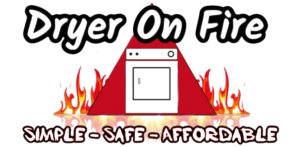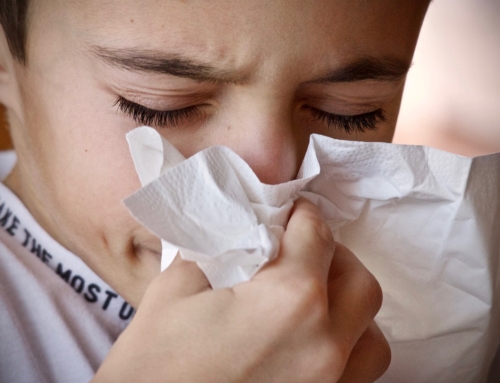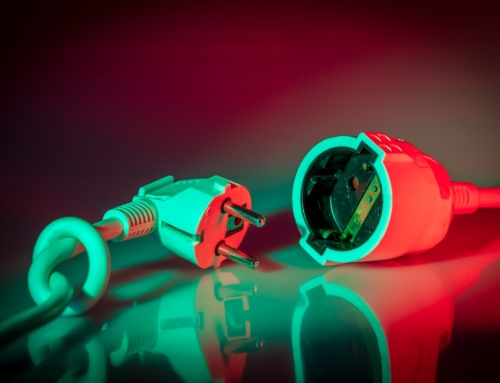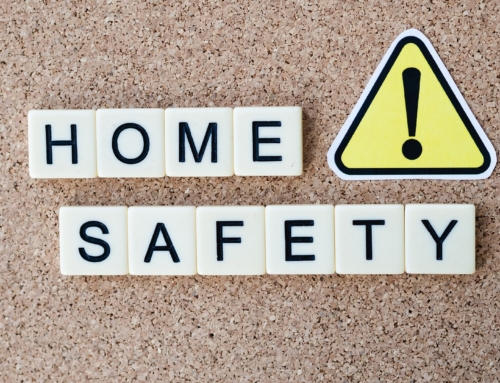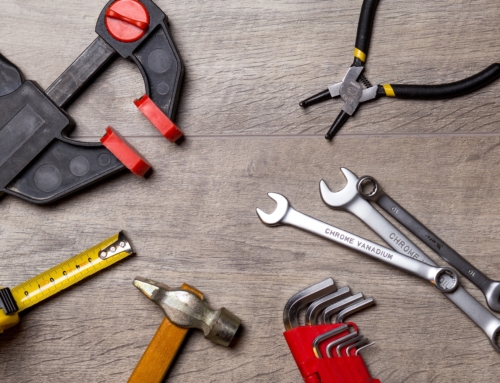
Appliance Safety Tips Every Homeowner Should Know
Date: September 25, 2023
Author: Sarah Johnson, Home Safety Specialist
As the primary decision-makers in many households, women are tasked with ensuring the safety and well-being of their families. When it comes to home maintenance, one area that requires special attention is appliance safety. Household appliances play a crucial role in our daily lives, but if not properly maintained and used, they can pose serious safety hazards. In this article, we’ll discuss essential appliance safety tips that every homeowner should know, drawing on authoritative sources such as FEMA, the Fire Department, and other trusted authorities.
- Regular Maintenance: Regular maintenance is key to ensuring the safety and proper functioning of your appliances. Create a maintenance schedule and adhere to it diligently. Tasks such as cleaning, inspecting for wear and tear, and scheduling professional tune-ups should be included in your routine.
- Follow Manufacturer’s Instructions: Always read and follow the manufacturer’s instructions for installation, operation, and maintenance of your appliances. These instructions contain valuable safety information specific to each appliance and should be followed carefully to prevent accidents or damage.
- Check for Electrical Hazards: Inspect appliance cords and plugs regularly for signs of damage, such as fraying or exposed wires. If you notice any issues, unplug the appliance immediately and have it repaired or replaced by a qualified technician.
- Use Ground Fault Circuit Interrupters (GFCIs): Install GFCIs in areas where water and electricity may come into contact, such as kitchens, bathrooms, and laundry rooms. GFCIs help protect against electrical shocks and can prevent serious injuries or fatalities.
- Keep Appliances Away from Water: Avoid placing appliances near water sources or using them with wet hands. Water and electricity do not mix and can result in electric shocks or even electrocution. Keep appliances dry and use them in dry conditions only.
- Avoid Overloading Outlets: Do not overload electrical outlets by plugging in too many appliances or devices at once. Overloading outlets can cause overheating and increase the risk of electrical fires. Use power strips with built-in surge protection to safely power multiple devices.
- Clean Appliances Regularly: Keep appliances clean and free of debris to prevent malfunctions and fire hazards. Clean filters, vents, and exhaust ducts according to the manufacturer’s recommendations to maintain optimal performance.
- Supervise Children and Pets: Keep children and pets away from appliances while they are in use, especially those with moving parts or hot surfaces. Educate children about the dangers of appliances and establish clear safety rules for their use.
- Practice Safe Cooking Habits: When cooking on the stove, use caution and avoid leaving the kitchen unattended. Keep flammable materials such as dish towels, potholders, and curtains away from the stove to prevent fires.
- Install Smoke Alarms and Carbon Monoxide Detectors: Ensure your home is equipped with working smoke alarms and carbon monoxide detectors on every level and in every sleeping area. Test them regularly and replace batteries as needed to ensure they are functioning properly.
By following these appliance safety tips, you can help protect your home and family from accidents and injuries associated with household appliances. Remember, safety should always be a top priority, and investing time and effort into appliance maintenance and safety practices can go a long way in ensuring a safe and comfortable living environment for you and your loved ones.
